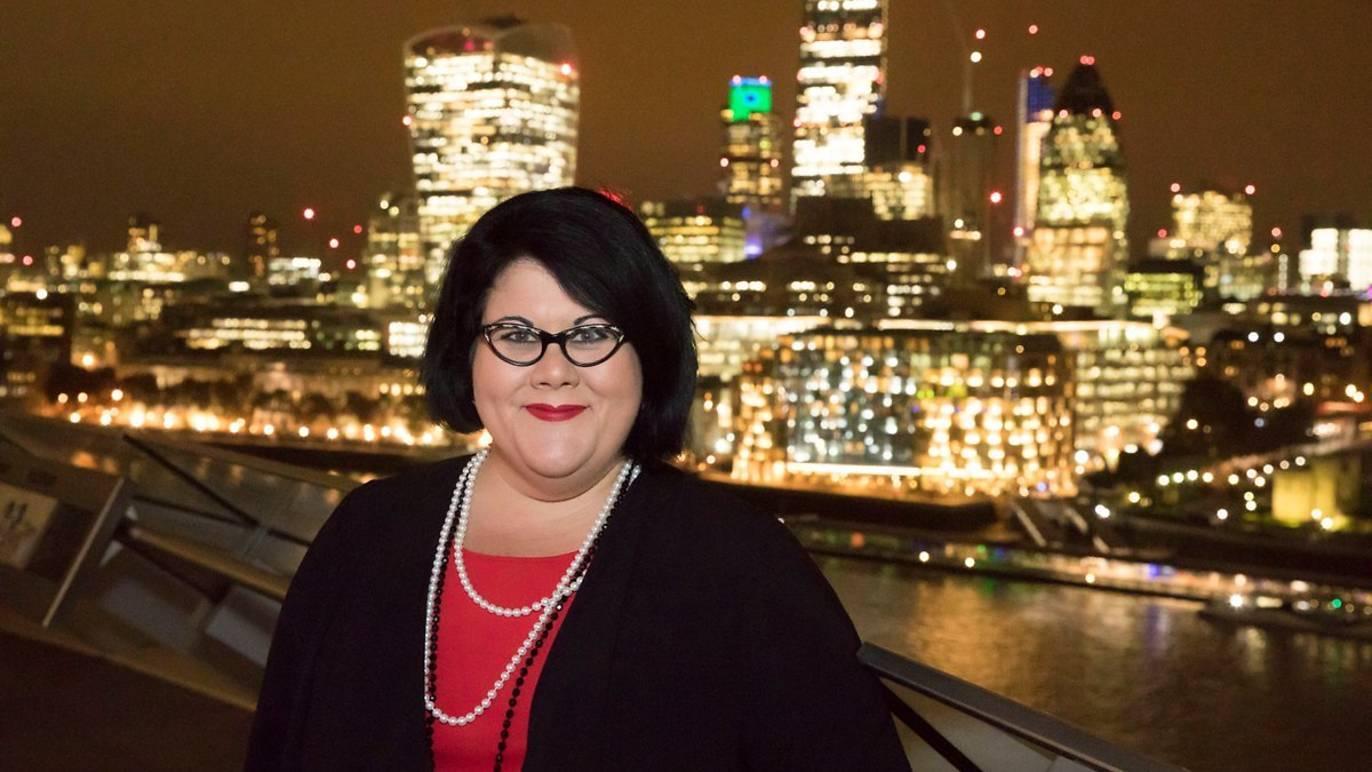I’m under fire as London’s night tsar – but here’s how I’m making a difference
Thanks to Covid, Brexit staffing shortages, a cost of living crisis and the scourge of drink spiking, the capital’s nightlife is under strain like never before – but, insists BBC 6 Music host Amy Lamé, there are ways to keep the world’s greatest city going round the clock


I’ve always been a night-time person, and I love when a city comes alive after dark. People – working, travelling, out enjoying themselves – all contribute to creating a special atmosphere.
I’ve worked at night all my life. For almost three decades, I ran my club night, Duckie, at the Royal Vauxhall Tavern, which also produced work for the Barbican, Southbank Centre and many other cultural spaces across London, the UK and the world. I’ve certainly earned my stripes on the night-time frontline in a city that never sleeps, alongside delivery drivers, nurses, doctors, cleaners, bus drivers, office workers and bus drivers who all keep our capital running 24/7.
So I was disappointed to read reports in other newspapers questioning the necessity of London having a night tsar, a job that enables me to support and supercharge the capital’s life at night, and one that I have held since 2016.
London is the best 24-hour city in the world, thanks to more than 1.3 million Londoners working at night, keeping the capital’s economy active 24/7. But London’s life at night needs a voice – and Sadiq Khan, the mayor of London, understood this when he made it a key manifesto commitment. In 2016, he appointed me as the city’s first night tsar. I was, and am, still proud to have one of the best and most important jobs in London, standing up for all aspects of our city at night.
Our capital’s world-renowned nightlife is integral to our economic and social life. But there’s no denying that it has faced huge challenges in recent years, due to the ongoing impact of the pandemic, Brexit, the cost of living crisis, rising rents and business rates, and staffing shortages. I’ve been working closely with businesses, venues, boroughs and Londoners to support them throughout these challenges, and I’m delighted that London’s hospitality industry sales outpaced the rest of the UK last year.
The difficulties facing nightclubs are manifold, and not confined to London.
Last autumn, Rekon, the UK’s biggest nightclub operator, reported that younger people were having to cut back how often they go on nights out after being hit hard by the rising cost of living. Their research showed more than a third of their customers had reduced the amount of times they could go clubbing. The downturn was felt immediately by the industry: amid the rising cost of doing business, that operator has since called in the administrators, shuttering its popular Atik and Pryzm venues, which had branches in Leeds, Birmingham, Swansea, Exeter and Nottingham.
And then there’s the ongoing anxiety, especially among women clubbers, over safety following an increase in the reporting of spiking incidents – something the mayor and I take very seriously.
It is against this backdrop that I’ve stepped in to support venues who find themselves under threat – some of them iconic. I helped save The 100 Club on Oxford Street, an address that was once a jazz-era hangout for American GIs, before later hosting the Rolling Stones and Metallica. I’ve been involved with the development of new openings such as the Outernet on Tottenham Court Road, the centrepiece of an immersive, “virtual” entertainment district, which is free to visit.

During a difficult time for the night-time economy, I’ve helped hundreds of night-time venues keep their doors open – including the likes of Fabric, Ministry of Sound, Egg, G-A-Y and Fire, to name just a handful.
Before Sadiq was mayor, the capital had lost more than half of its LGBTQI+ spaces over the course of a decade. We’ve worked to stem this decline by protecting venues through the London Plan, supporting them through the LGBTQI+ Venues Forum and through our Culture and Community Spaces at Risk programme. I’ve also worked with the team behind The Glory in Dalston to help support their new venue, The Divine, and am closely involved with Camden Council, venue owners and community stakeholders who want to bring the renowned LGBTQI+ pub The Black Cap back into operation.
I was instrumental in supporting the plans to retain Printworks, an events venue in Rotherhithe that takes its name from the building’s former use, as a permanent cultural space, and brokered relationships that helped turn an empty Ikea into Drumsheds, a hybrid music venue and the country’s biggest club, with a second site in an industrial warehouse in Tottenham.
I am so proud that we are leading the world in 24-hour policy, with other global cities looking to London for inspiration. Our life at night is the beating heart of our capital city. In my role, I will continue to do all I can to promote this, as we build a better London for all.
Join our commenting forum
Join thought-provoking conversations, follow other Independent readers and see their replies
Comments
Bookmark popover
Removed from bookmarks